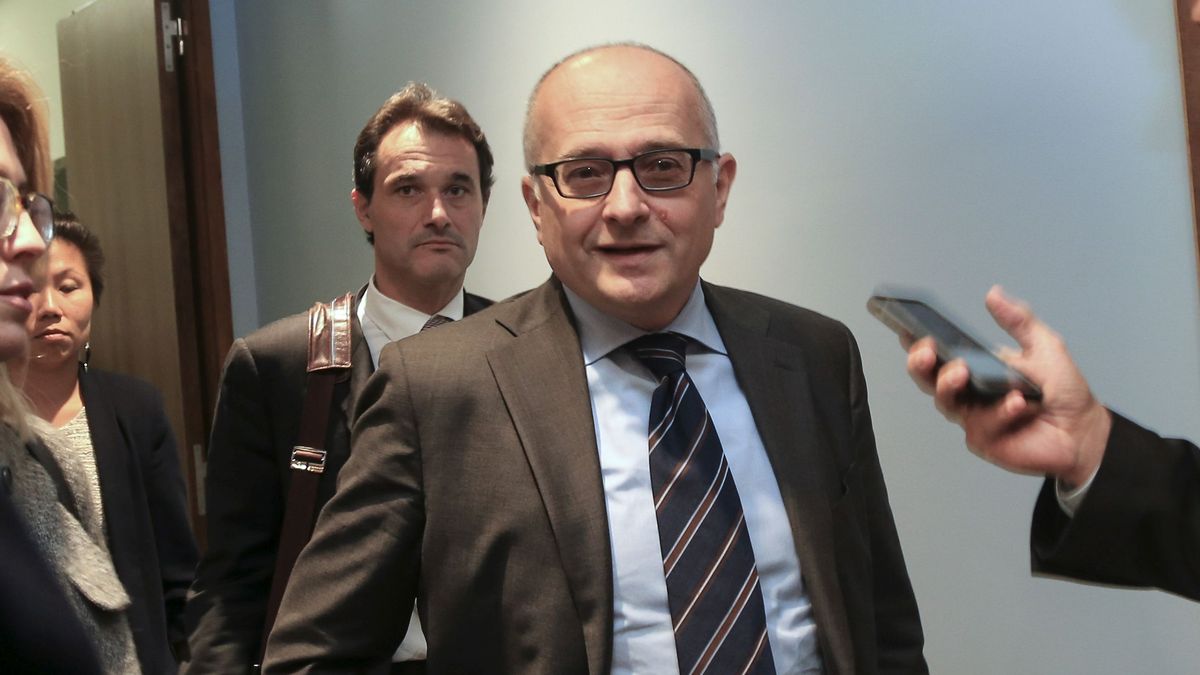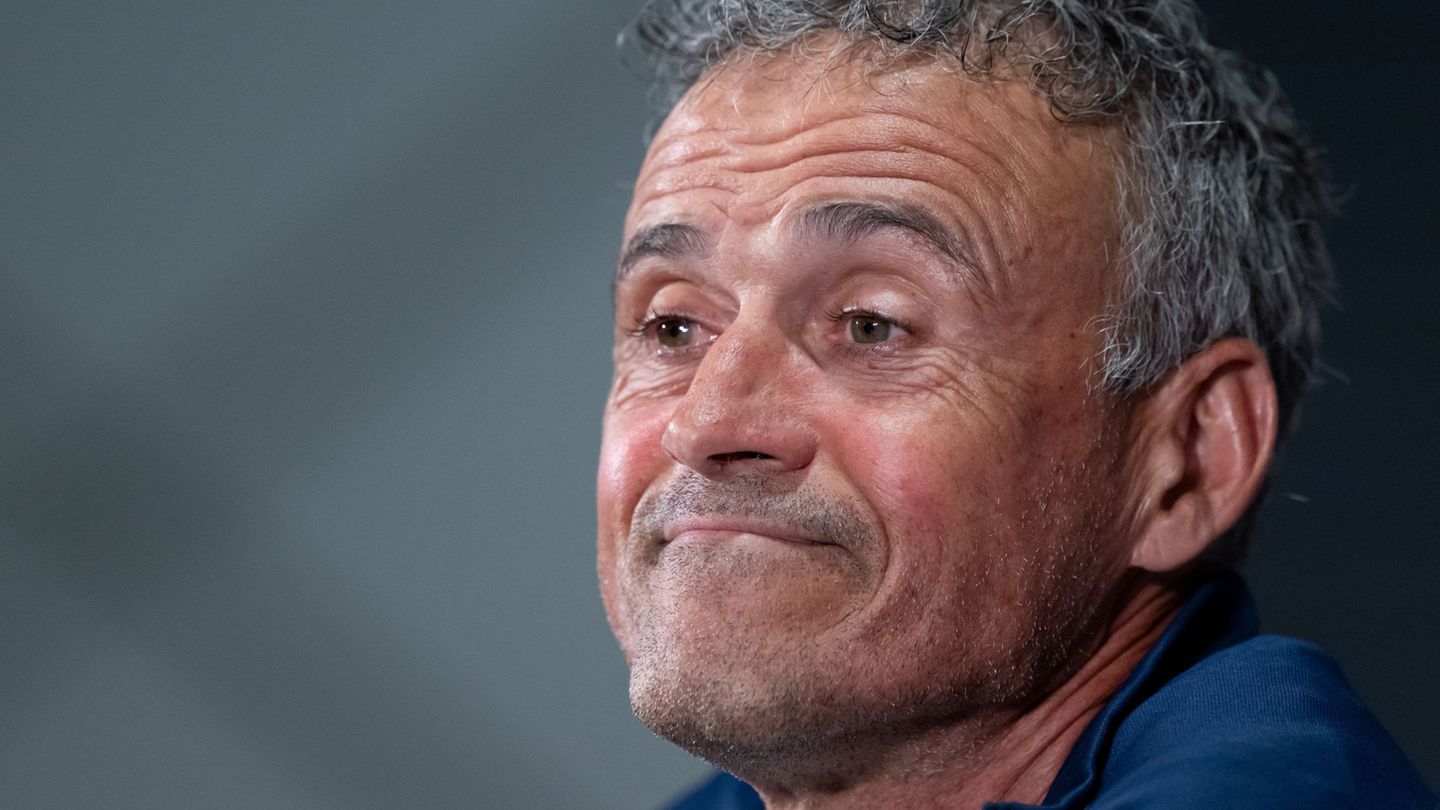Days after the visit of Cardarelli (IMF interlocutor with Argentina), who reviewed the progress of the economy; Suspiciously and unexpectedly, taking advantage of the issue of energy in Houston, Dujovne and Lopetegui (Energy) came to warn Lagarde of something in Washington. He reminded us of the desperate and untimely itineraries of Domingo Cavallo during 2001.
The technical team of the international organization had just left on March 8 (2019) to have “a protocol meeting”, defined at the last minute… Protocol is the exact opposite of improvisation. More than anything they rushed for the disbursement of US$ 10.700 million that, if it did not arrive, could make things complicated.
The first IMF program served to avoid Macrista’s default and at the same time finance the flight of capital from his relations, relieving private Americans of risk, saving banks and investment funds, preserving the international financial system, with devastating consequences for the Argentina.
The second economic program of the IMF had as objectives: to split the race between the dollar and inflation, when the dollar had already increased 100% and inflation exceeded the goals 200%. More than anything the IMF sought to avoid default, and save American investors and lenders, In addition, so that the banks did not have to “provision losses” providing frightening balance sheets shocking the New York Stock Exchange.
Reducing the new and increased fiscal deficits and the current account of the balance of payments, and frequent instabilities of the BCRA, seemed to be the supplementary purposes, preventing the repetition of punishing circumstances, they also wanted the inflation rate to be contained, and the economy managed to hold out until the presidential election of October 2019.
Nobody believed that the objective was for Macri to reach the presidential dispute in October with a chance. The intention was to get Mauricio Macri to finish his term without having to call an early election, or a resignation and summons to the Legislative Assembly..
It is that it was not seen how he was going to get to the October election. Argentina fell apart. Fell out of the world of financial markets. No one other than the IMF lent it again, since January 2018. And, without external credit to finance the twin deficits while at the same time pedaling the financial bicycle, the only alternative was the economic fundamentalism of permanent adjustment.
The standard recipe of the second agreement with the IMF included; contractive fiscal policy with the goal of reducing the primary deficit to zero in 2019 and a surplus of 1% of GDP in 2020, but tax collection was already falling at a rate of 6% in real terms, just when they planned to adjust more.
Monetary policy had to be super contractive with a zero monetary base expansion goal and extravagant rate hikes for the Leliqs again, to avoid another dollar-versus-inflation race. February 2019 was on track for 4% inflation and the dollar shot up to $43.50.
In the theoretical framework of those in charge, there were no options to stimulate aggregate demand, via expansionary fiscal and monetary policies, due to the self-inflicted damage due to the level of excessive indebtedness and the lack of financing. A reactivation, not even a slight one, could not be promoted. Thus, the Government disclosed whatever they were, scarce measures to give signs that consumption and economic activity were going to strengthen.
But with contractionary macroeconomic policy, these proportionate truisms of the political impact marketing, would have a negligible result. They would only take advantage to discretionally help some friends from the Ministry of Production, because with the macro against it, nor Coca Cola was efficient. The paradigmatic corporation of capitalism was not doing well.
As you could see, things were getting worse every day. The economy contracted in the last three quarters of 2018 at an annualized rate of (-9.5%), as in 2002 with corralito, corralón, default, pesification, breach of contracts. Without convertibility having been broken as at that time, and with the best team of the last 50 years, 2018 closed with an average drop of (-2.7%), leaving for 2019 a negative drag of (-3%) without room for manoeuvre, with social effervescencecrowd asking for food at the door of the country club-.
The primary fiscal deficit was falling, but the financial deficit was growing and the external deficit was adjusting less than expected. The emergency plan to end the mandate was by no means the beginning of a path towards sustainable public debt. As it was, we were going to default messy. The economic program was a “pitch against”, extremely dangerous and in the opposite direction to the correction of poverty and indigence. Even against the markets, because it did not reduce uncertainty, but increased it.
In figurative terms, it was said that we were in a political-economic and social time like March 2001-López Murphy and then for Cavallo-, but with fewer “illustrious economists at hand.” Cambiemos needed to change his cabinet, his economic plan and he seemed indefectible and forced to restructure the agreement with the IMF.
A minister of political economy was needed. GDP, consumption, investment fell; inflation, suspensions, unemployment, poverty and indigence grew. But everything would be much worse if a renegotiation with the IMF and a restructuring of the debt with private creditors did not take place quickly..
With an economy in free fall, the presidential election was unattainable, the outlook was bleak for “politics.” The president had to make decisions. Played by played, in any case, there was no chance of a reelection of Mauricio Macri and, if Peronism did not stand up, it would take a hot iron like in 2001. That is what happened. The slow-motion derailment that we were seeing accelerated its march and we could crash the country before or after the October 2019 elections.
Executive Director of Fundación Esperanza. Graduate Professor UBA and Masters in private universities. Master in International Economic Policy, Doctor in Political Science, author of 6 books.
Source: Ambito
David William is a talented author who has made a name for himself in the world of writing. He is a professional author who writes on a wide range of topics, from general interest to opinion news. David is currently working as a writer at 24 hours worlds where he brings his unique perspective and in-depth research to his articles, making them both informative and engaging.




